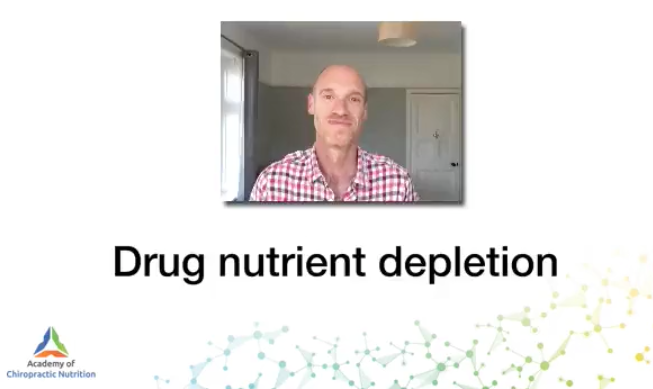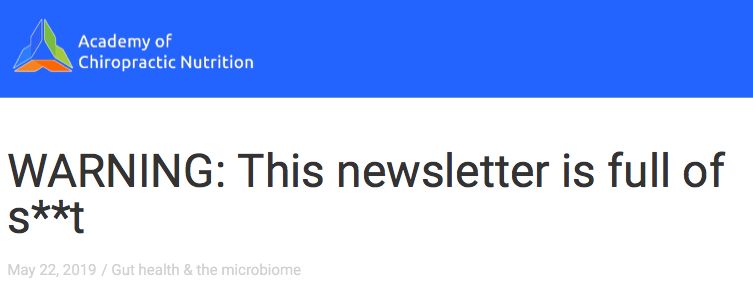The news that is just s**t
Earlier to day as I was contemplating Matt Hancock finally giving us some honest data……

I received some truly s**t news.
A friend of the family, an elderly lady in her 80’s had been given one too many rounds of anti-biotics for her gut microbiome to take and was, how can I say it gently……shi**ing through the eye of a needle?
The most likely diagnosis given she is also on a proton pump inhibitor is a symptomatic infection of clostridium difficile.
This is a very serious infection indeed, check out the mortality rates.

So the gut microbiome should be a thriving ecosystem with 100 trillion bacteria living in perfect harmony with you, creating B vitamins and butyrate for you to use, by eating your fibre and polyphenols.
We are all exposed to pathogenic bacteria all the time and indeed many people are colonised by clostridium, but if you have enough good bacteria in place they cannot get a strong foothold to really multiply and crucially they do not get access to the epithelial lining.
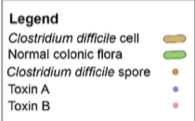
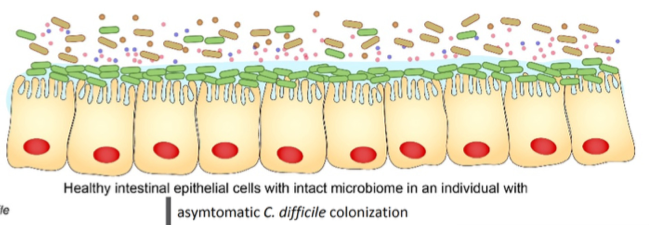
The issue is that anti-biotics are truly life saving things used in the right situation, but we really have over used them. They are awesome at killing bacteria, but it is non-specific.
By wiping out large amounts of your beneficial bacteria you leave gaping holes in your microbial territory and those will be filled by other bacteria or fungus who are passing by.
Check the diagram, green are good bugs, purple are bad ones
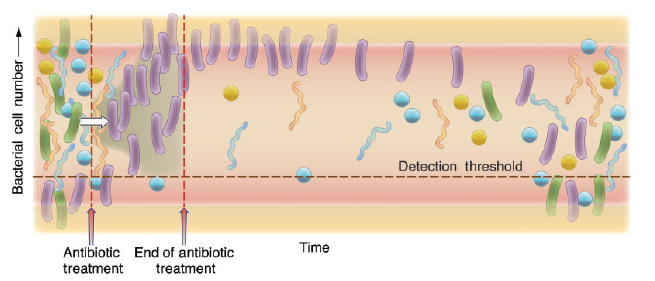
We all know the high rates of yeast/candida infections after anti-biotics, but clostridia difficile are all together harder to kill, thanks to their spores.
So number one risk for clostridia difficile is anti-biotics.

But another risk is acid inhibiting drugs like proton ump inhibitors (PPI’s). By reducing acid in the stomach we allow the pathogens to come in un-harmed and are asking for pathogens to set up and play happy families.
![]()
We talked about those before in relation to dementia in a video a few months back
Symptoms wise, we are all about the poop.
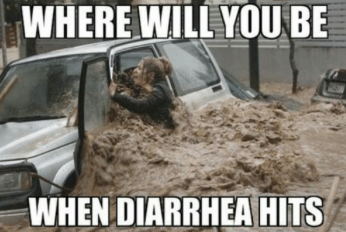
Clostridium difficile produces some nasty toxins that create massive inflammation in the gut by getting access to the epithelium.

and it ends up looking like this:
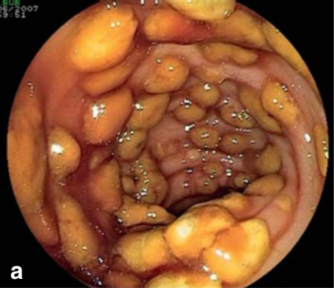

and you don’t want that.
So fingers crossed with some high dose probiotics, saccharomyces boulardii, a prebiotic and some anti-microbial herbs she will be fine.
The challenge is if she needs hardcore anti-biotic treatment we run the risk of making it worse.
You can read about saccharomyces boulardii here, the time Floyd has the sh**s back in May 2019
ACTIONS TO TAKE:
– Always keep saccharomyces boulardii in the cupboard, always.
– Patients on long term PPI’s are prone to infections, you may not want to treat directly but flag it up to them and the GP at the very least.
– Check out the links above, many of the newer reader will enjoy some of the back cataolgue.

